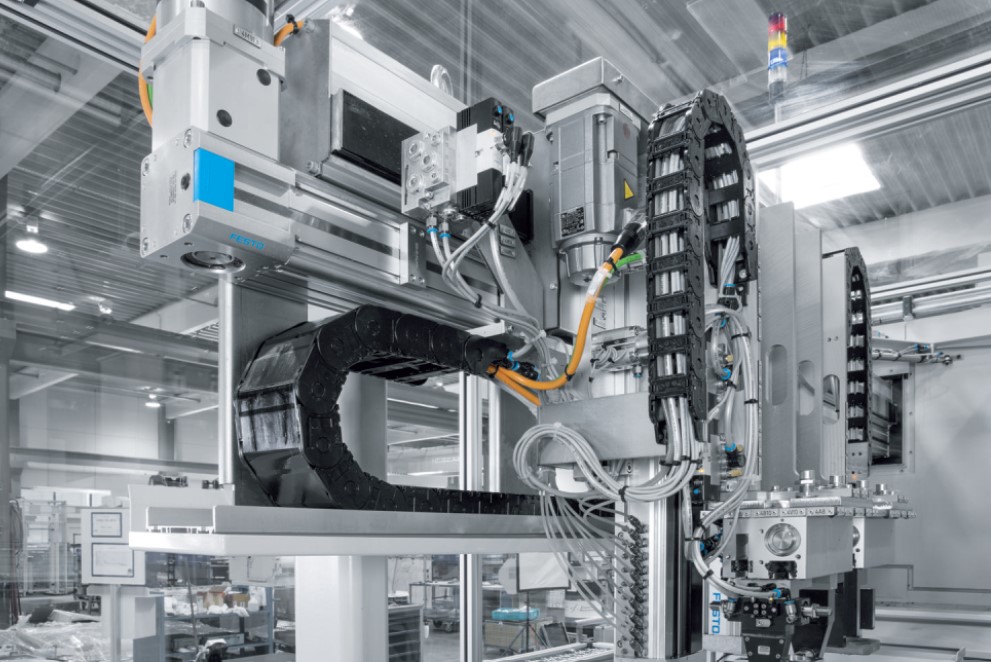
This course teaches the basic concepts of electricity and how to calculate voltage, current, resistance, and power in DC power circuits. It also covers the operation of basic electrical devices found in DC circuitry. After completing this course, students will be familiar with the basic concepts of electricity. Students will be able to define voltage, current, resistance, power, and capacitance, and know how to measure these parameters using their respective measuring instruments. Students will know the difference between DC and AC circuits. The curriculum provides trainees an initial study of the most common components used in DC circuits: power sources, switches, resistors, capacitors, solenoids, relays, and motors. Students will know what series and parallel circuits are, and they will be able to calculate the equivalent resistance and capacitance of series and parallel components. Students will be familiar with Ohm’s law, as well as Kirchhoff’s voltage and current laws, and be able to apply these laws to electrical circuits. The curriculum provides trainees a basic investigation of the notions of magnetism and electromagnetism.
- Teacher: Kevin Beamish

This course teaches the fundamentals of basic elements in AC power circuits. Upon completing this course, students will be familiar with the basic principles of alternating current including the voltage and current sine waves in ac circuits. The curriculum prepares trainees to understand common components in AC circuits: capacitors, inductors, transformers, and relays, and become familiar with the operation of these components. Students will learn the most important concepts of electrical distribution, including the details of power networks and distribution networks. Finally, the course affords participants an introduction to the troubleshooting of electrical circuits by learning two methods important for troubleshooting: the voltmeter method and the ohmmeter method.
- Teacher: Kevin Beamish

This course covers the fundamentals of pneumatics, including the identification and operation of basic pneumatic components such as valves, flow controls, and actuators. The course also covers the force, pressure, area, and volume relationships of compressed air. Students learn about typical pneumatic equipment, such as components related to air conditioning and distribution and vacuum generation. Students will demonstrate the use of control valves for actuating pneumatic cylinders and motors.
- Teacher: Kevin Beamish

This course covers the fundamentals of hydraulics, including the identification and operation of basic hydraulic components such as pressure control valves, flow control valves, directional control valves, and actuators. The course also covers the force, pressure, area, and volume relationships of hydraulic fluids. The course furnishes students with an initial study of typical hydraulic components, such as hydraulic pumps and distribution equipment. Students will demonstrate the use of control valves for actuating hydraulic cylinders.
- Teacher: Kevin Beamish

This course covers the fundamentals of mechanical drive systems, and their roles in industrial applications. Students will learn the proper installation of different mechanical drives and the importance of following specific protocols. Students will be able to identify the main components of the mechanical drive systems in industrial installations. Topics covered include motors, lubrication, shaft alignment and coupling, belt drives, chain drives, and gear drives.
- Teacher: Kevin Beamish
